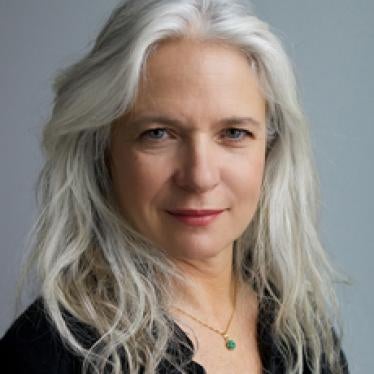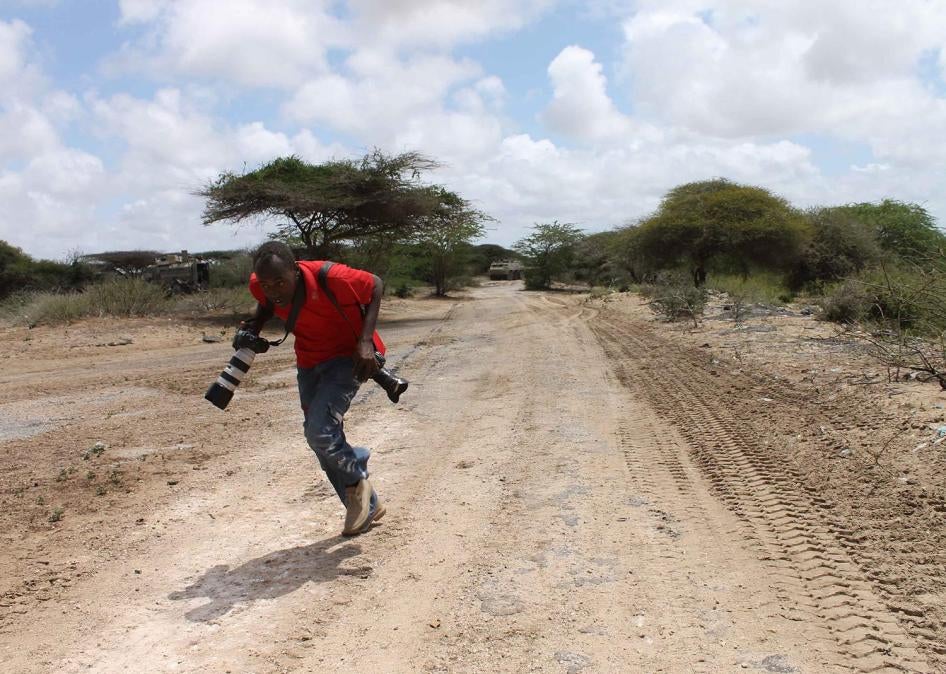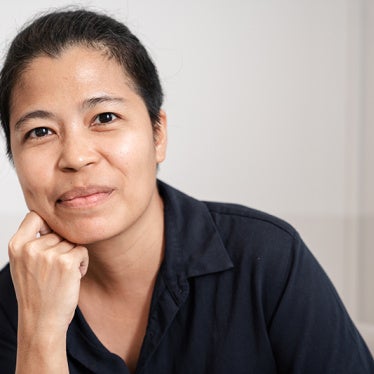For reporters at risk around the world – because they’re exposing corruption, covering conflict, or afflicting the comfortable – today matters: it’s the International Day to End Impunity for Crimes Against Journalists. You’d think a group of professional communicators could have come up with a catchier name, but whatever it’s called, the day itself is recognition of an issue that should concern us all.
In the first nine months of 2016, 38 journalists were killed for their work, according to the Committee to Protect Journalists (CPJ). This is an improvement on 2015, when 72 were killed because of their journalism. This year, as last, the deadliest place is Syria, where 10 reporters were killed in 2016, six of them by forces of the Islamic State (also known as ISIS).
As CPJ notes, murder is the ultimate form of censorship. To focus on places where the killers are silencing the media unscathed, CPJ developed an Impunity Index on unsolved murders. It ranks Somalia number one in 2016, followed by Iraq and Syria.
But while war zones are obviously hazardous to journalists (UNESCO’s latest report on the issue says 51 percent of media killings take place in armed conflict), it’s important to remember all those other beats where reporters too often put their lives on the line, notably politics, corruption, and crime. While murders of foreign correspondents tend to get headlines, 95 percent of the killings tracked by UNESCO are of local journalists.
So others high on the impunity index include the Philippines, Mexico, Pakistan, Russia, Brazil, and India, where government officials and criminal gangs are blamed for most killings.
There is some good news: since the United Nations declared the first End Impunity Day in 2014, several governments have moved to investigate and prosecute killers of journalists. UNESCO today welcomed an increase in the number of countries responding to its biennial requests for information – 40 out of 62 countries now, compared to 16 of 59 in 2014. But fewer than 10 percent of cases are resolved in a courtroom.
Killing a journalist for their work isn’t just a crime but also a human rights abuse, because an attack on the press is an attack on our freedom of expression. If those in power can muzzle the media, then they can get away with more than murder.










